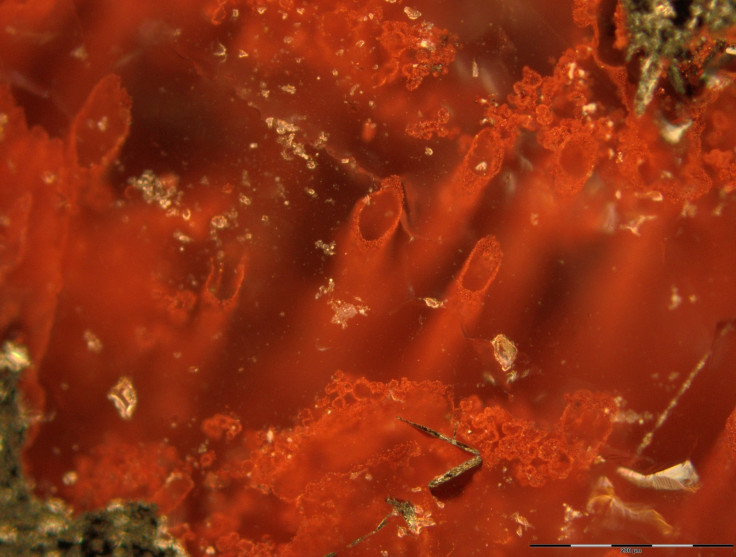Origin of life on Earth and aliens might have occurred the same way: Study
Researchers suggest where to look for extra-terrestrial life.
For centuries, scientists have come up with unique ideas about the origin of life on Earth and the existence of aliens. Despite several popular and believable theories, scientists continue to research the topic. One of the latest theories denies previous theories and suggesting that the origin of life is possible in "deep-sea hydrothermal" fissures.
According to Independent UK, an experiment was conducted by a team of researchers creating same environment as hydrothermal vents deep down on the seafloor. Hot and alkaline conditions just as the deep fissures reportedly turned out to be the ideal conditions for the "creation of protocells," which have been proposed as the stepping-stone toward the origin of life.
The study has been published in the journal named "Nature Ecology & Evolution" led by author and professor of evolutionary biochemistry at UCL, Nick Lane. Researchers suggest that high temperature and high ph conditions might be the key components for living things to grow and survive.
Hydrothermal vent is a fissure at the bottom of the sea or ocean from where the geo-thermally heated water is pumped back to the ocean. Here the water comes in contact with minerals found at the crust of the earth creating a warm and alkaline environment with hydrogen facilitating chemical reactions necessary for life to grow and sustain.
"There are multiple competing theories as to where and how life started. Underwater hydrothermal vents are among the most promising locations for life's beginnings – our findings now add weight to that theory with solid experimental evidence," explained Lane.
The team has discovered some of the world's oldest fossils, proof of prehistoric life, at such vents on the seafloor. Consequently, the study may have influenced the scientists' research for alien life on other planets. It may impact locations where the research is conducted considering the results of the study suggesting how warm and alkaline conditions in the oceans can kickstart life.
"We still don't know where life first formed, but our study shows that you cannot rule out the possibility of deep-sea hydrothermal vents," Dr. Sean Jordan of UCL's genetics, evolution, and environment department said.

The study suggests that the hydrothermal vents are not distinctively found on earth. Several space missions have discovered similar environment on other planets such as moons of Jupiter and Saturn.
© Copyright IBTimes 2024. All rights reserved.





